9 Valuable Life Lessons Children Learn Through Playing Chess
Chess is more than just a game—it’s a powerful educational tool that fosters cognitive, emotional, and social development in children. From the first move to checkmate, children absorb valuable life lessons through playing chess. This timeless game encourages critical thinking, patience, and emotional intelligence, skills that shape their personal growth and future success. By learning to navigate challenges on the chessboard, kids gain the tools to overcome obstacles in real life.
In this article, we will explore the nine valuable life lessons children learn through playing chess. These lessons go beyond strategy and competition, helping young minds develop qualities such as accountability, perseverance, and adaptability. Whether it’s in academics or personal relationships, the skills honed through chess contribute to a child’s ability to thrive in various aspects of life.
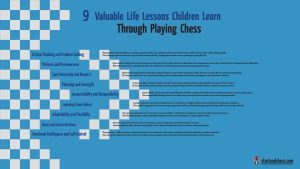
-
Critical Thinking and Problem-Solving
One of the most important things chess teaches children is critical thinking. In every move of chess, one needs to really think, plan it out, and strategize. Kids learn how to appraise any situation, think ahead of it, and come out with predictable consequences from their actions. This ability will translate directly into real-life situations when critical thinking and problem-solving are required, whether in academic challenges or decision-making in everyday situations.
Knowing that an action causes a reaction helps make the children think more and act on purpose. Chess encourages them to improvise on the spot, adapt to new situations, and find creative solutions to problems; it nurtures intellectual development.
-
Patience and Perseverance
Chess teaches children to be patient and not to give up easily. Games can be very long and require players to keep focused and cool even when events in the game are going against them. Learning to wait for a good time to carry out a plan or to recover from a mistake helps children understand that success often requires time and effort.
The patience and discipline that children will learn from chess-either waiting for the opponent’s move or hanging tough when a loss is considered-generally help kids develop perseverance. They understand that any challenge can be overcome with enough patience and determination, and that idea can be applied to school, relationships, and personal goals.
-
Emotional Intelligence and Self-Control
While chess is a mere game of the mind, emotional balance is cultivated. Children learn to put their feelings in check, especially in life’s difficult moments and when things do not turn out as expected. Be it a lost game or anger for making mistakes, chess trains the child to hold onto impulsive responses, reason out correctly, and remain cool during disturbing moments.
It involved that part of emotional intelligence which enabled the children to handle or interact with various social situations, life stresses, and reasoned decisions in daily life. Knowing how to maintain composure during highs and lows during the game instilled character and taught different ways to control emotions in life.
-
Planning and Foresight
This is a perspective in chess whereby one has to think deeply ahead to win. Children learn how to think strategically in advance as they move, pondering on what their opponent’s likely reaction could be. This tactical foresight, however, translates to real life, where one has to carefully plan their activities for the future in order to achieve the desired goals.
Whether it is planning academic projects, setting personal goals, or preparing for challenges, through chess, this habit of thinking ahead actually helps them turn out into better planners-they learn to set goals and find the outcomes in advance, thus improving their decision-making capability.
-
Accountability and Responsibility
Each player in chess is responsible for their actions concerning moves and decisions. It helps them in learning the way to be responsible for success and failure. They know that pointing fingers at others or things outside their control cannot justify a bad outcome; the alternative is to take responsibility for one’s actions and recognize how one’s decisions directly affect the outcome of the game.
This sense of responsibility gets transferred into other aspects of life. Children playing chess understand that they are responsible for their actions and the results due to their actions, developing in them a strong sense of personal accountability.
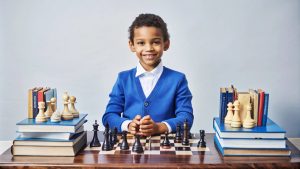
-
Learning from Failure
Chess teaches children that failure is not the end, but a chance to learn. One defeat in a match ensures that the participant reflects on the mistakes made, what happened, and how they can fix it the next time. It instills in kids a growth mindset whereby they know mistakes are part of learning and help ensure that one makes them a better player.
There are setbacks in life, either at school, in sports, or generally in relationships. Chess helps view such setbacks as not permanent and teaches one how to analyze, learn, and move on. A mindset of this nature is considered very important in personal development for long-term success.
-
Adaptability and Flexibility
No matter how well an individual plans in chess, things simply do not always go as anticipated. Kids learn to change and adjust their strategies based on the developing condition of the game. This teaches the child the principle of flexibility and adaptability in real-life situations where plans change and situations they never expected arise.
Being able to adjust one’s approach when the circumstances shift is an important life skill. Chess encourages children to think on their feet, be open to change, and respond well to any new information or obstacles.
-
Focus and Concentration
Chess requires immense concentration and focus, as one mistake may turn the tide of the game. In children, this practice of maintaining focus helps them in developing better attention spans and the ability for concentrating for longer periods.
With an ever-increasing amount of distractions around, developing focused behaviors will be highly valued. Children who play chess turn out to be better prepared for focusing on tasks at hand, like studies, homework, or creative projects. All this concentration helps in accomplishing desired goals of staying committed and alert.
-
Sportsmanship and Respect
Chess teaches children how to win and lose graciously. Whether they triumph or face defeat, they learn to respect their opponent and the rules of the game. This fosters a sense of fair play and teaches kids the value of good sportsmanship, which is essential in many aspects of life.
Children who engage in chess understand that the game isn’t just about winning—it’s about personal growth and learning. This respectful approach to competition translates into other areas, such as teamwork in sports or handling disagreements with peers.
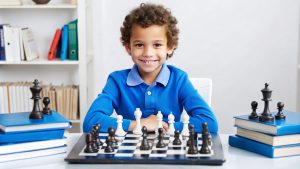
Conclusion
Playing chess teaches children much more than just entertainment; it’s a gateway to developing essential life skills that shape their future. The life lessons children learn through playing chess—like critical thinking, patience, emotional intelligence, and adaptability—extend far beyond the game itself. Each move they make on the board strengthens their ability to handle real-world challenges, fostering a growth mindset and resilience. These experiences not only improve their academic and social abilities but also lay the foundation for personal success.
By introducing chess at an early age, parents and educators provide kids with a unique and powerful tool for growth. The lessons learned through chess empower children to become more thoughtful, responsible, and determined individuals. Whether they’re facing setbacks, adapting to change, or celebrating victories, the life lessons children learn through playing chess prepare them to navigate life’s complexities with confidence and grace.
We’ve prepared a podcast to accompany this article, offering the same insights in an audio format. If you enjoy listening, give it a play:
References:
- Burgoyne, A. P., et al. (2016). “The relationship between chess skill and cognitive ability: A systematic review.” Intelligence, 57, 43-49.
- Chappell, M. (2018). “The benefits of teaching chess to children.” Educational Studies in Mathematics, 99(3), 251-263.
- Sala, P., Gobet, F., Campitelli, G., & Hambrick, D. Z. (2017). “The relationship between chess and academic achievement: A meta-analysis.” Review of Educational Research, 87(3), 505-536.
- Rios, J., & Munoz, A. (2019). “Teaching chess to children: Effects on cognitive and emotional development.” Journal of Educational Psychology, 111(2), 350-362.
- Leikin, R., & Zazkis, R. (2018). “Mathematical creativity and mathematical thinking: The role of chess.” Educational Studies in Mathematics, 97(1), 1-16.
- McKeen, K. (2017). “Chess: A tool for learning and personal growth.” International Journal of Educational Research, 8(4), 200-210.

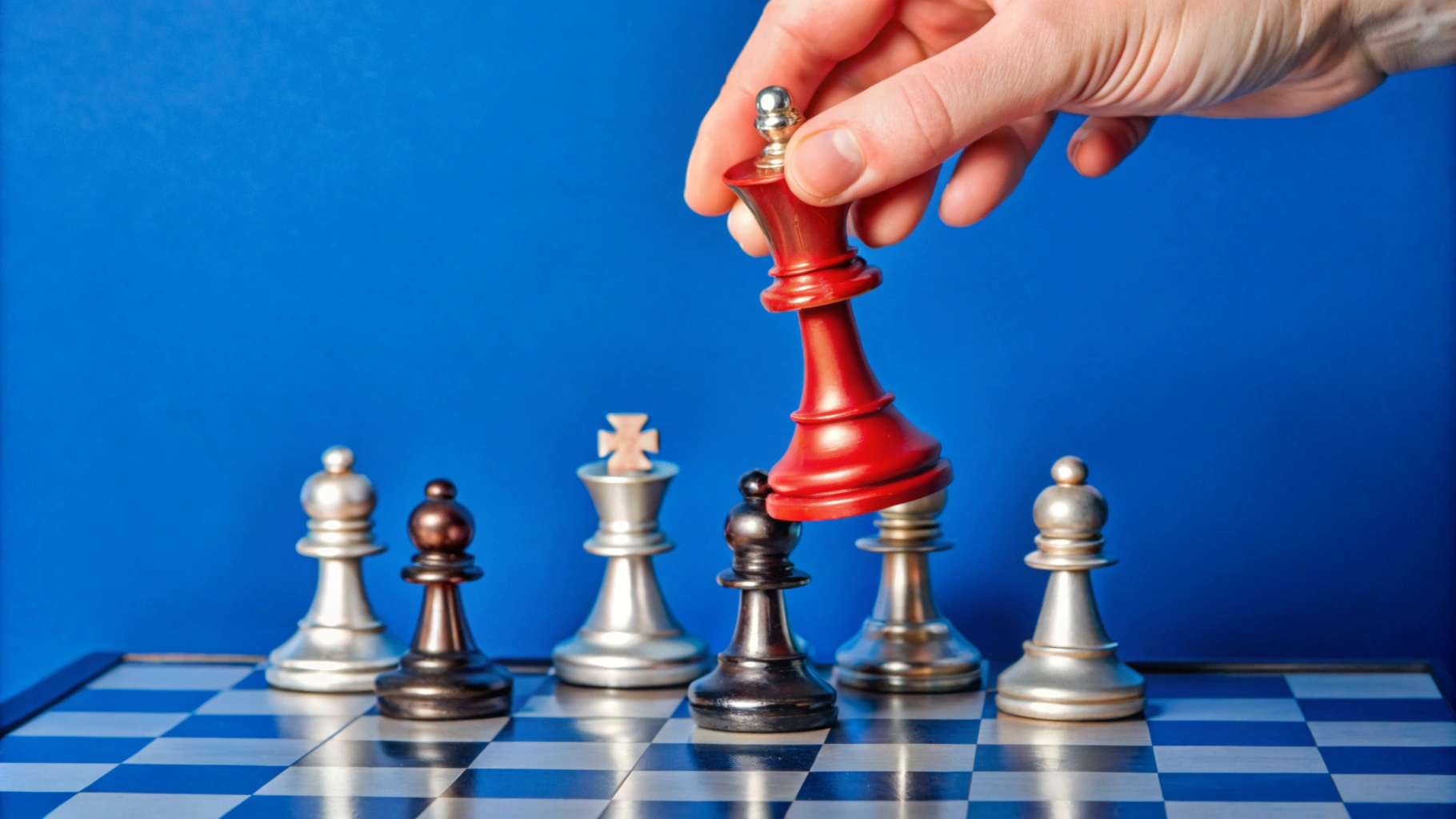
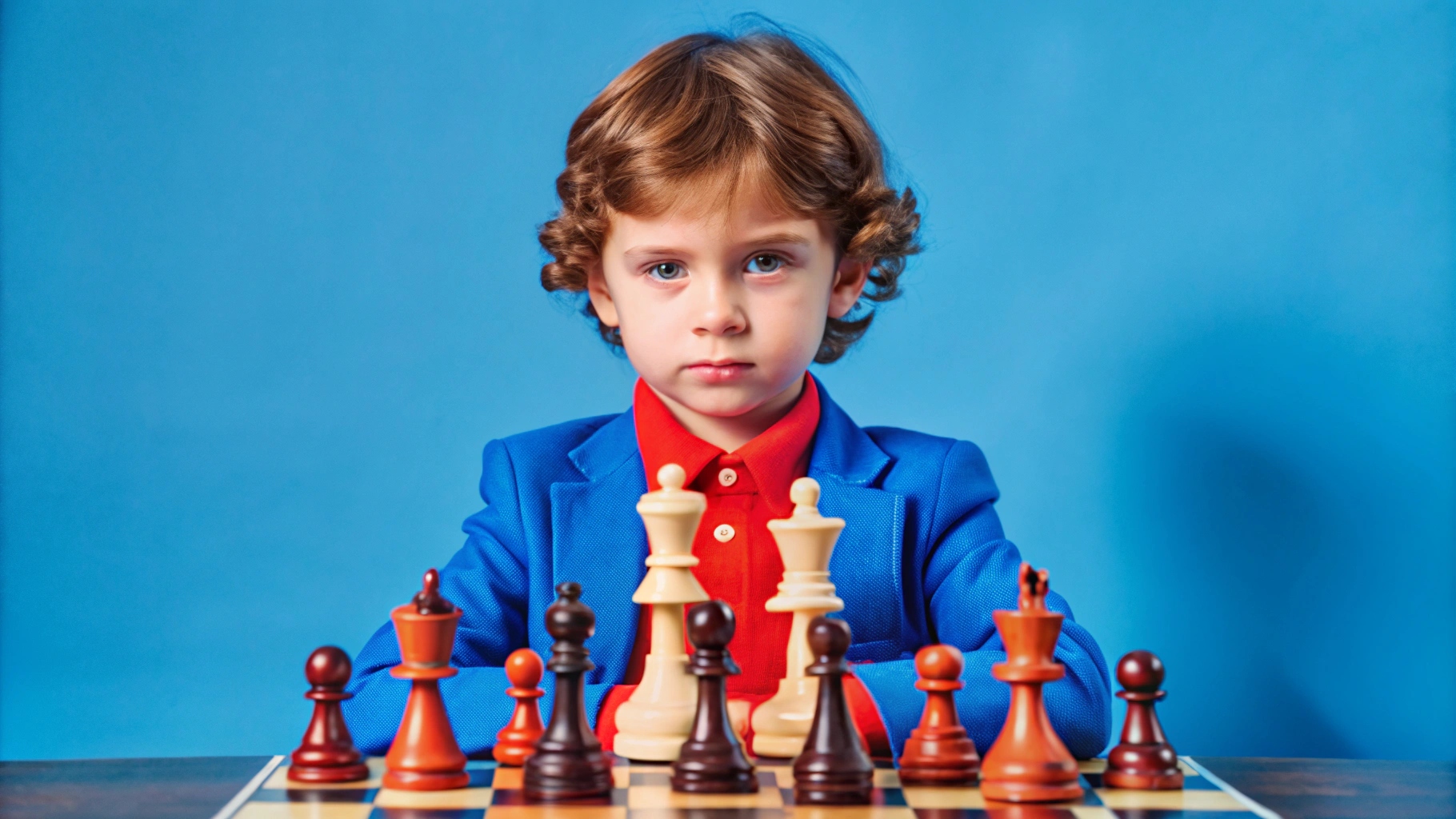
0 Comments